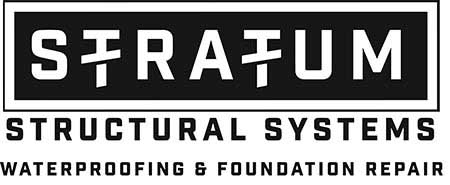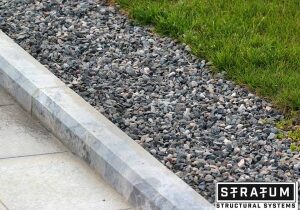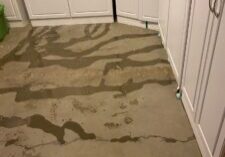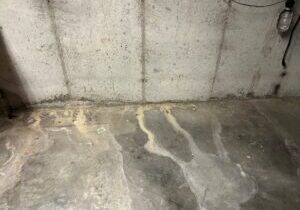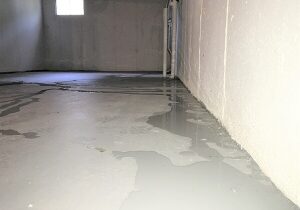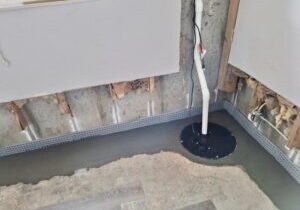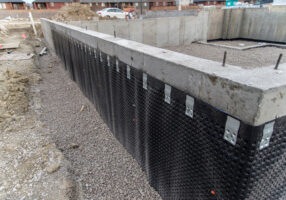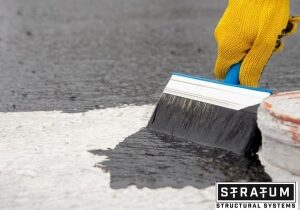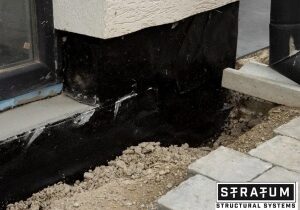St. Louis’ Premier Basement Waterproofing Contractor
WATER IN YOUR BASEMENT CAN WREAK HAVOC ON YOUR HOMES FOUNDATION, CAUSING STRESS WITH COSTLY UNFORSEEN EXPENSES.
Basement waterproofing needs in St. Louis often manifest as visible and sometimes subtle indicators of moisture intrusion and potential structural issues. This is due to the high-density clay soil most Midwest homes are built on. One of the most noticeable signs your basement foundation could be in danger is the presence of water, leaking foundation walls or floor, or dampness in the basement. When this occurs your basement may exhibit water puddles, water stains, a lingering musty odor, or mold. During prolonged periods of rain, water in the basement can also be a result of a rising water table, known as hydrostatic pressure. Additionally, your problems could be a result of any number of exterior water issues.
COMMON SIGNS YOU MIGHT NEED BASEMENT WATERPROOFING.
- Water entering at the foundation wall & floor seam can allow water to seep into the basement and could be a sign of a larger problem.
- Stains on walls or floors, especially near the base, could indicate water infiltration.
- Peeling paint or efflorescence, which is the white, powdery residue left behind by evaporating water, are signs that moisture is causing damage to the interior surfaces.
- The appearance of mold or mildew. This growth can pose health risks to occupants. Therefore, the presence of mold or mildew on walls, ceilings, or belongings in the basement should not be ignored.
- If your basement is finished, wet carpet or drywall is an important indicator of water leaking.
- A failed or inadequate sump pump system may also be a cause if you cannot remove excess water quickly enough.
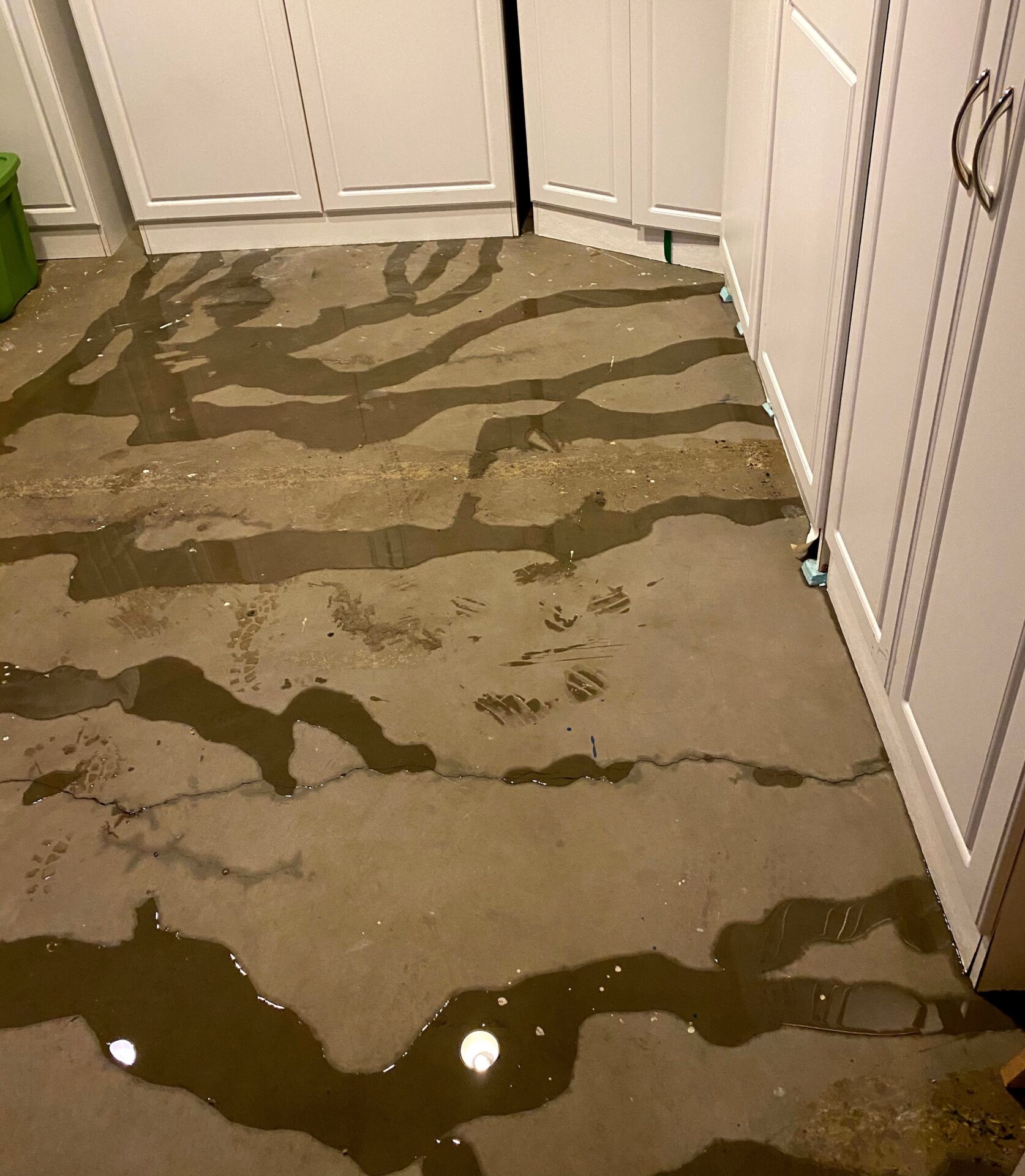
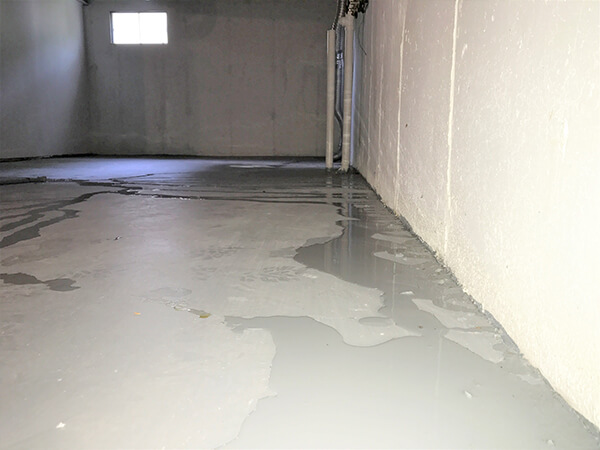
BASEMENT WATERPROOFING SOLUTIONS FOR YOUR HOME
Every situation is unique, but all are treatable with permanent basement waterproofing methods, designs, and products. Some of those solutions include:
- Foundation crack repair
- Installation of a new, adequately sized sump pump
- Installation of an interior drain system
- Installation of an exterior drain system
- Adding downspout extensions
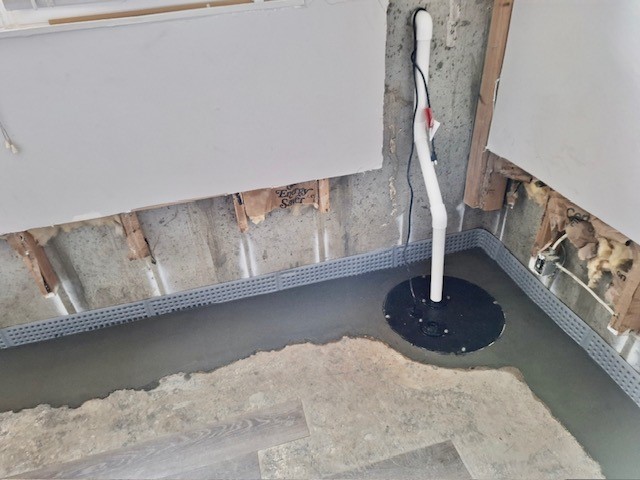
Read More About Basement Waterproofing
Stratum Structural Systems Can Help
If you’re dealing with a flooded, damp, leaky basement or crawl space, trust the pros at Stratum Structural Systems. We’ll repair your problem as simply and affordably as possible – and never sell you a product or service you don’t need. Call us today at (314) 620-8153 or contact us online to schedule a home inspection and free quote.
